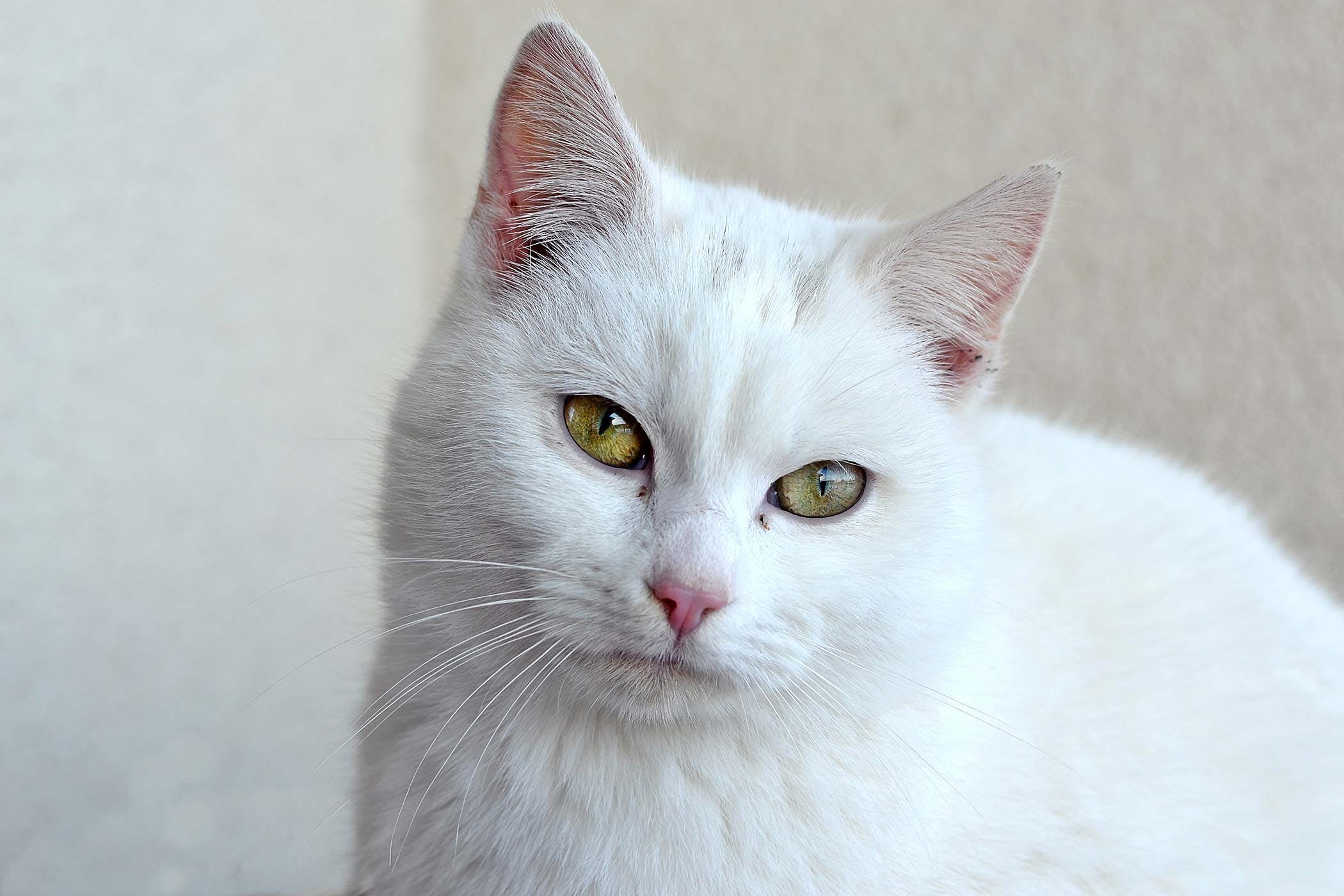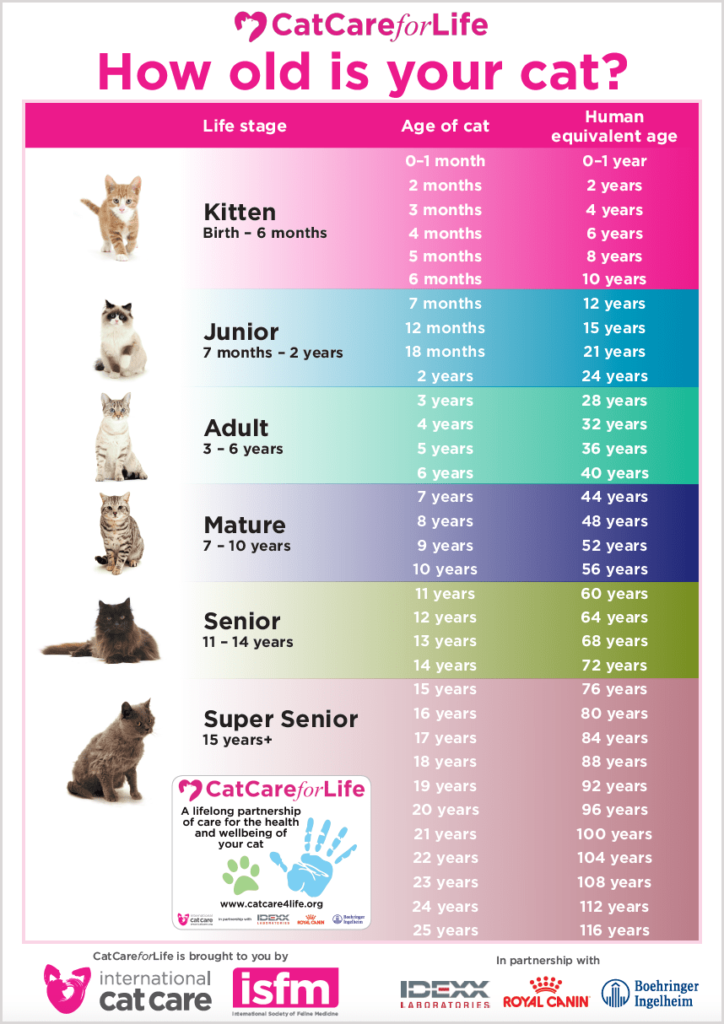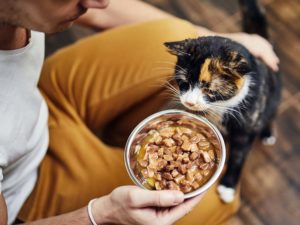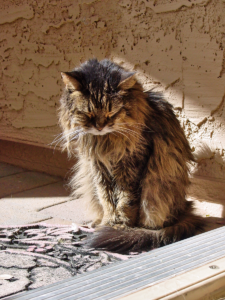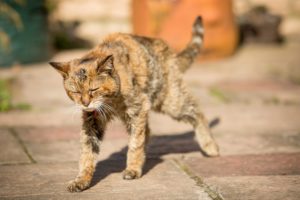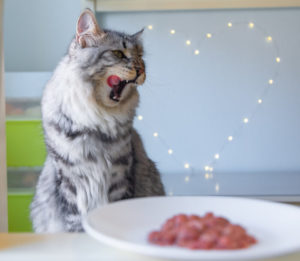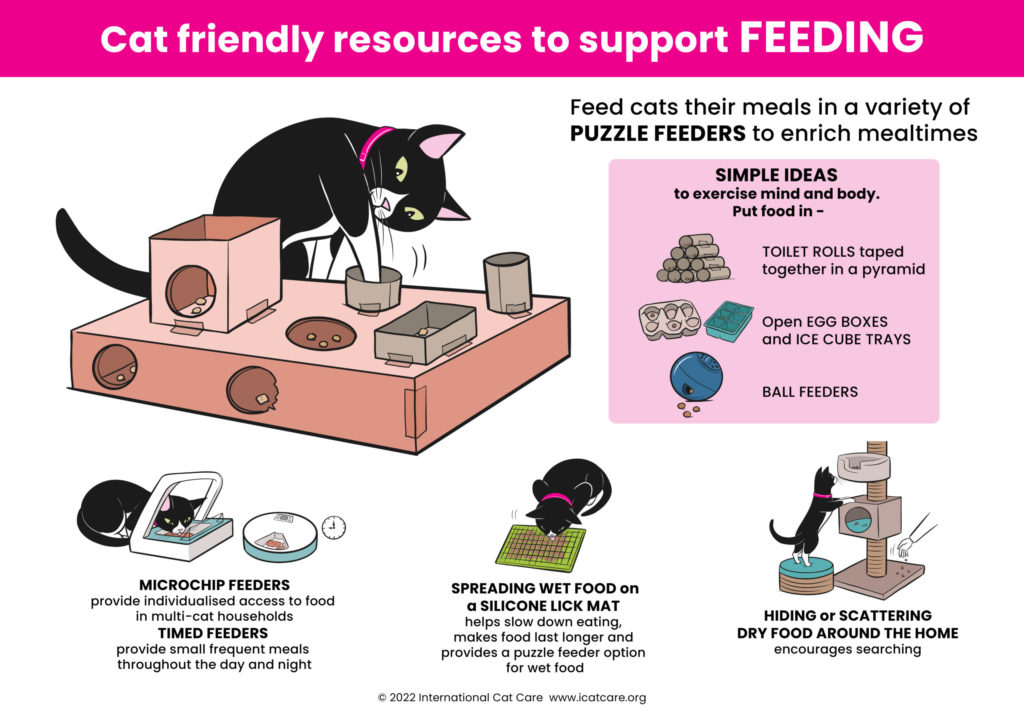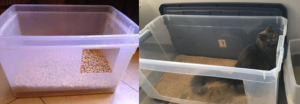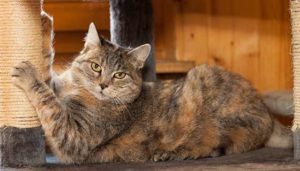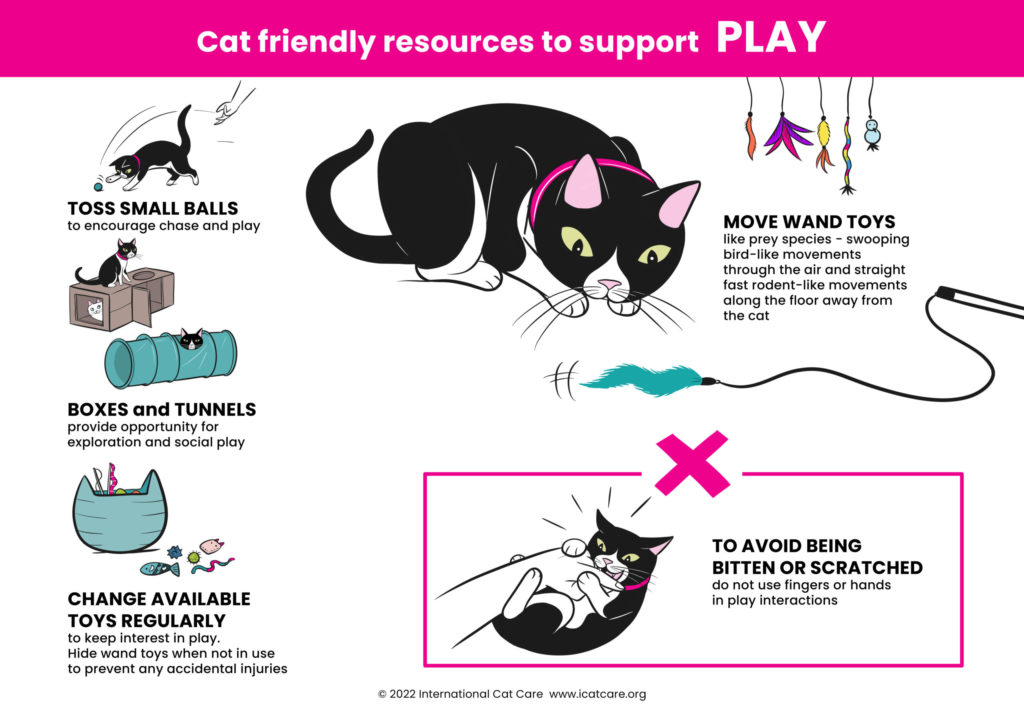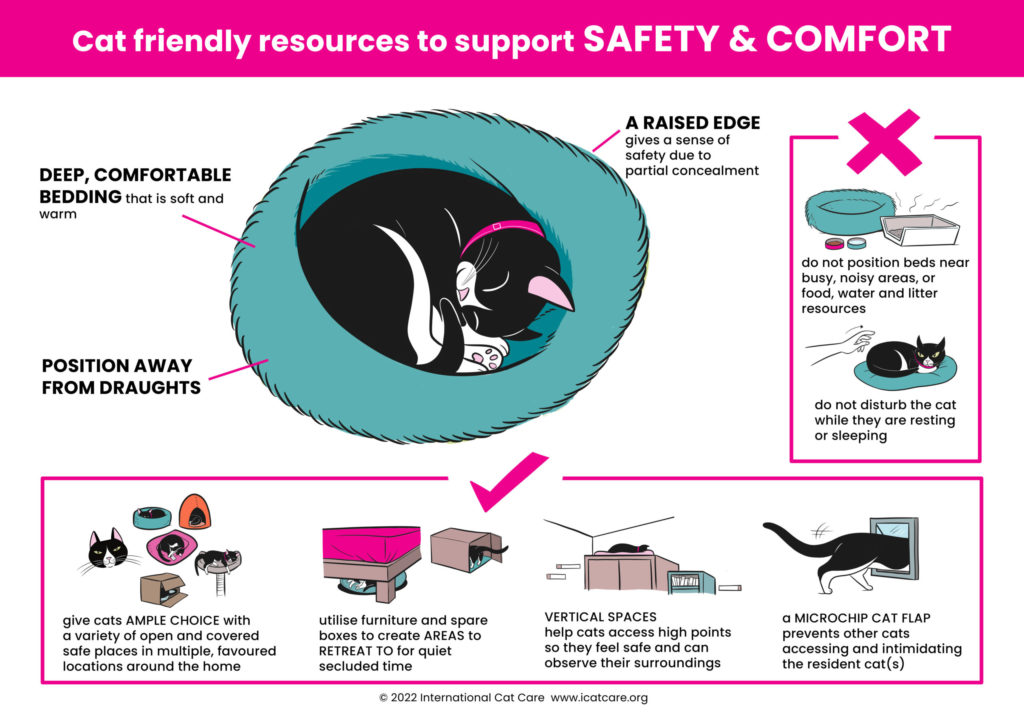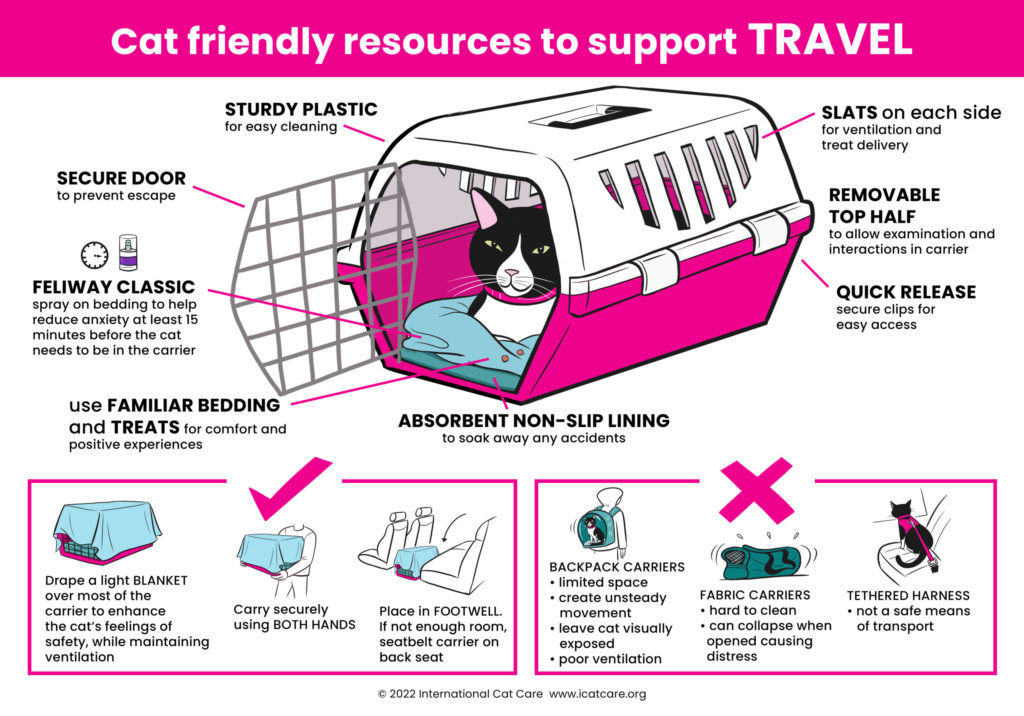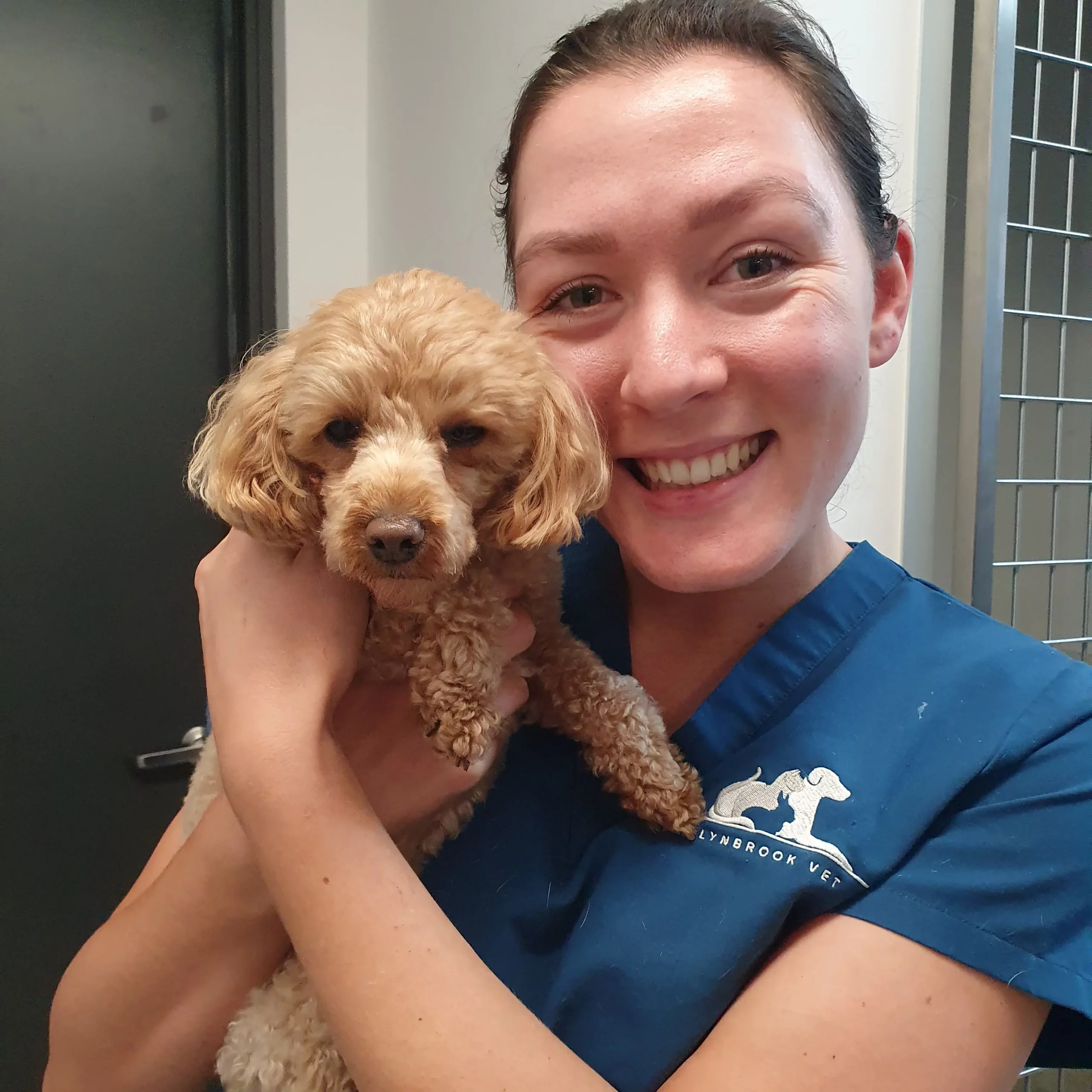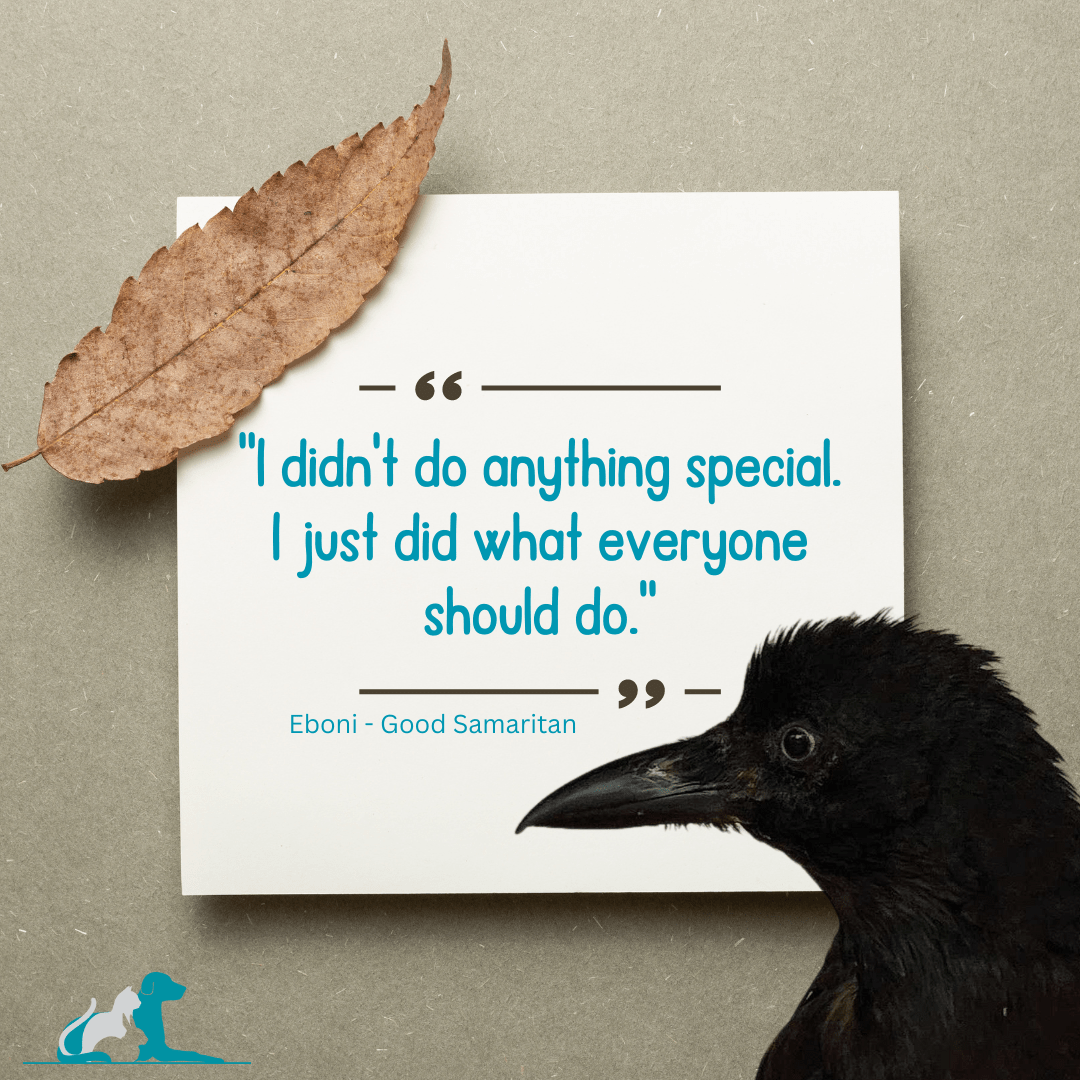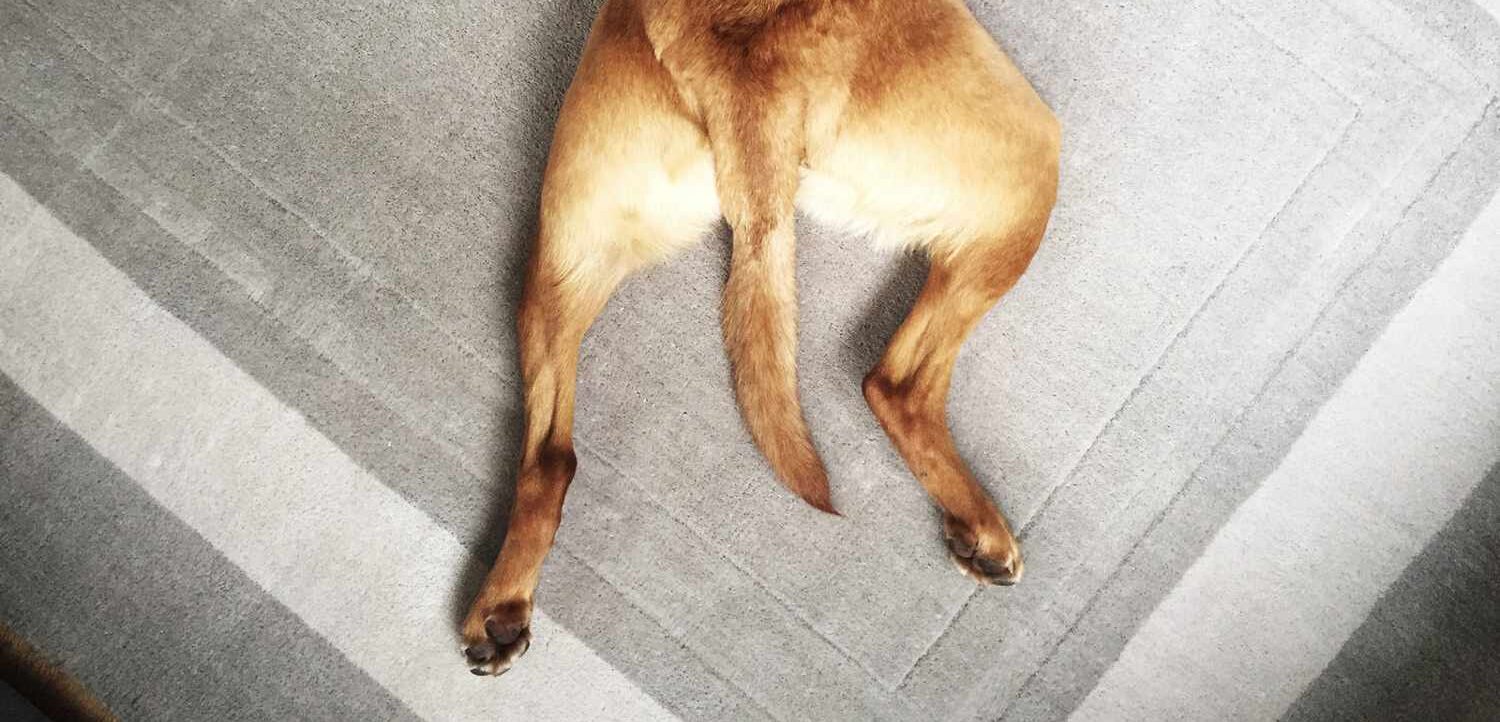With advances in veterinary medicine, changes in lifestyle habits and with better nutrition and parasite control, our cats are living longer.
The eldest cat we’ve met here at the clinic was 22 years old! That is pretty remarkable and when we put it into perspective, it is like a human living to be 100! Our cat’s undergo a very similar ageing process to us, although the process is different for every individual.
We consider a middle aged, mature cat to be between 7-12 years old, a senior cat between 12-15yrs and a geriatric cat anyone over the age of 15 yrs.
Like us, their joints may begin to ache and their body may begin to slow down. Things they used to do and enjoy as a kitten may become harder and harder for them but that doesn’t mean they can’t enjoy a long and happy life!
As your cat ages, it is important to be aware of how ageing may affect them and to be aware of strategies and tips to help make life easier and more comfortable for them.
As they age, our older cats can experience many changes throughout their bodies.
Signs of ageing may include:
- Loss in the ability to smell and taste food
- Hearing loss
- Difficulty to digest fat and protein
- Lower immune function
- Reduced skin elasticity
- Changes in heart and lung function
- Lower tolerance to stress
- Reduced eyesight
- Reduced nail strength
The list above isn’t always so obvious in a home environment but often translates to our older cats changing their normal behaviours.
Changes in behaviours may include:
- Increased vocalisation
- Less time spent outdoors
- Reduced general activity
- Less hunting behaviours
- Sleep disturbances
- Reduced grooming
- Sleeping for longer periods of time
- Changes in patterns of attachment to their owners
- Reduced appetite
- Increased insecurity in their surroundings
- Reduced ability to adapt to new situations
It is important to note that some of these behavioural changes can also be the result of some medical conditions which we often see in our older cats.
Medical Conditions in older cats may include:
- Osteoarthritis
- Hyperthyroidism
- Kidney disease
- Heart disease
- Cognitive dysfunction.
A vet examination can help tease out what is an age-related change and that which is caused by illness or disease.
Your vet can also advise you on the best ways to support your ageing cat in their twilight years.
Tips & tricks to help your older cat eat and drink.
Warm up canned or pouch food to body temperature
-
- this increases attractiveness
Water fountains for drinking water
-
- great for encouraging drinking
Raise water and food bowls on platforms
-
- this reduces how much your cat has to bend down
Place food and water bowls in quiet areas of the house
-
- away from high traffic areas, windows and entry points into the house
Keep food and water bowls separate from each other
-
- cats don’t like the scent of food when they drink and prefer their water remain fresh and not risk contaminating whilst eating
Ensure your cat can walk around all sides of their bowls
-
- cats prefer to be able to approach a food bowl from all directions (so not against a wall or in a corner). This allows them to not be surprised by another cat while they are eating.
Increasing the number of water bowls
-
- This can encourage an older cat to drink due to a poor thirst drive
Use a high quality diet
-
- older cats need diets formulated for their needs including high quality and digestible proteins and fats.
Tips & tricks to help your older cat use their litter tray
As a general rule, multi cat households should aim for one litter tray per cat plus one more.
For older cats, adding a few extra litter trays can help them maintain good toileting habits as there is less distance they need to walk to find one.
Litter trays may need a low entry point and higher sides – repurposing a storage crate (see below) can be an easy way to do this.
Avoid using litter tray liners as these tend to catch on the cat’s claws which can be uncomfortable and deter them from using the tray.
It is also important to use a fine consistency litter, one that is gentler on arthritic paws and brittle claws. Clumping litter allows easier removal of urine and faeces, with the remainder to be topped up and a full litter change done every week. If a non-clumping litter is used, it becomes more difficult to remove urine so a full litter tray change should be done every 24-48 hours.
The ideal depth of the litter is 3-4 cm but if your cat is suffering from a condition like kidney disease and is urinating large volumes, this should be increased to 5-6 cm.
Tips to modify your home to be more older cat friendly
The predictability of routine becomes very important in helping our older cats to feel secure.
Encouraging physical activity can have many benefits:
-
- maintains muscle mass which helps cats cope with their arthritis
- Encourages blood circulation
- assists in good toileting behaviours
It may seem challenging to encourage your older cat to do more exercise but it doesn’t have to be that hard!
Exercise can be encouraged through:
-
- play with toys
- exploring cardboard boxes
- foraging for food through the use of puzzle toys or KONGs
As they age, cats find it harder to climb and jump. This can be challenging for cats who love to spend their days sunbaking by a sunny windowsill or bench. Providing ramps or multiple shallow steps to your cats favourite, elevated area can allow them to reach their favourite spots easier. Beneath these areas, we would suggest placing cushioning or mats just in case they have a fall.
Our soft, comfy homes can become a hazardous place for the sharp-clawed cat. Keeping claws trimmed will prevent them from snagging on the carpet or in bedding. If slippery floors are an issue, the placement of carpet runners can provide security as they move around the house.
Heated beds are great for stiff and painful joints. Cats adore warmth at the best of times but appreciate it immensely when older, arthritic or underweight. Your cat’s nice, cosy bed should be away from the rest of the household so the cat can not be interrupted.
Tips for taking your elderly cat to the vet
Cats are creatures of habit. They do not appreciate travelling out of their home let alone in a carrier that gets pulled out only at the time they’re being taken to the vet! Consider leaving their carrier set up in the house for them to use as a bed. Let it become a piece of the furniture and help build a positive association instead of a negative one.
The size of your carrier is also important. A larger carrier gives your cat more space to stand, turn around and lie down when their joints are feeling stiff and sore.
Line the carrier with familiar bedding, something soft and deep as this reassures the cat with both comfort and their own sense of smell. This also means they cannot slip around while in transit which is important for their peace of mind.
A carrier that can have the top easily removed enables us to examine your cat without having to move them out unnecessarily. If we do need to take your cat out for an exam, this can be done much more gently as we can remove the top rather than drag them through a small, front door opening.
Your cat’s mental health is also important and being separated from the safety of home can be very stressful. Consider using the pheromone spray, Feliway before any potentially stressful event. The spray can be applied to the carrier, bedding or car 20 minutes before your cat goes in to allow the product to work its stress-free magic.

